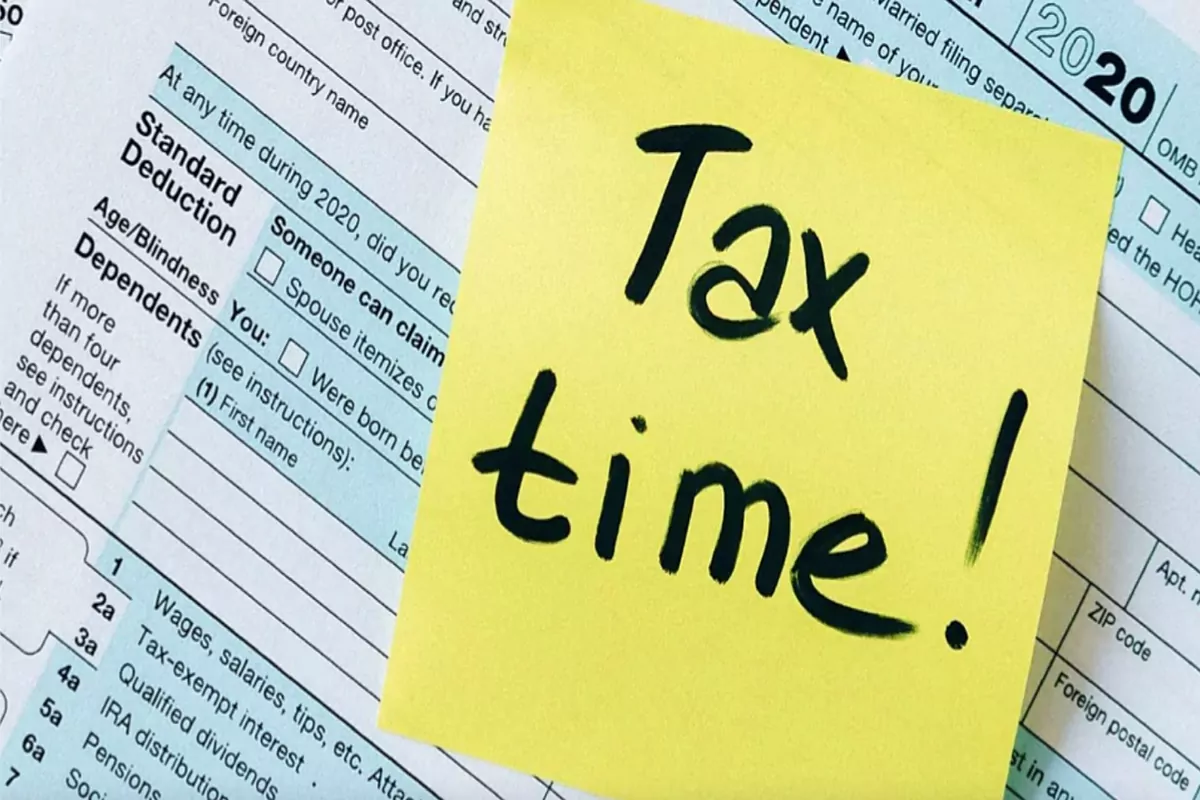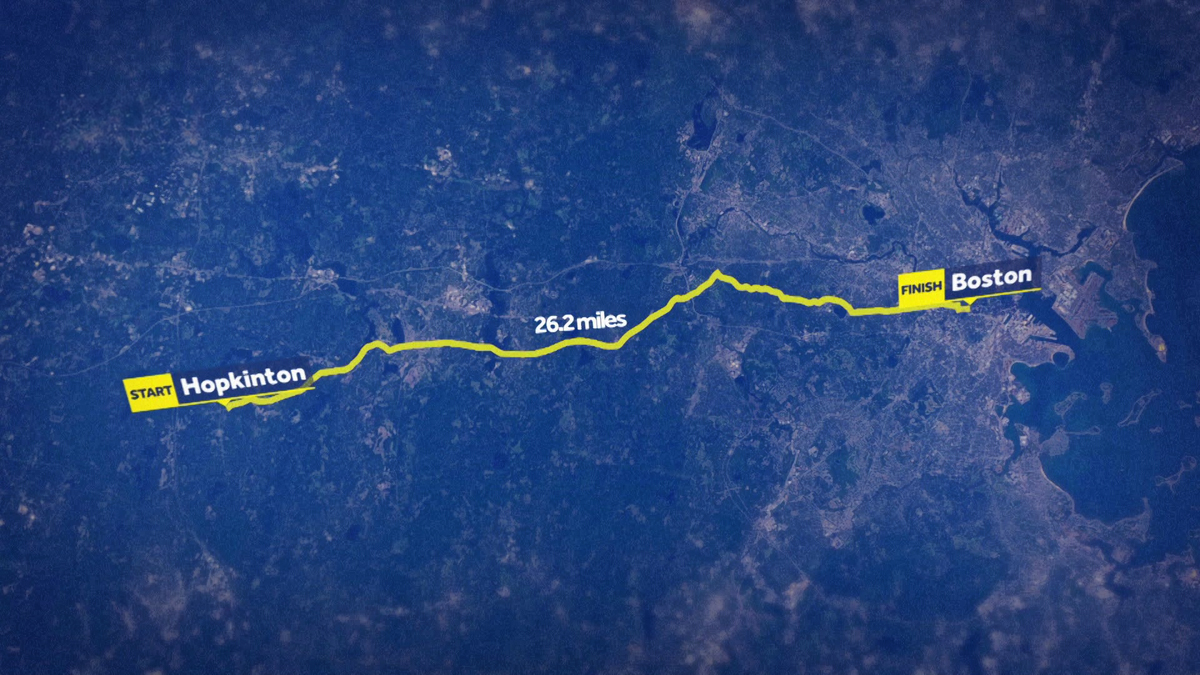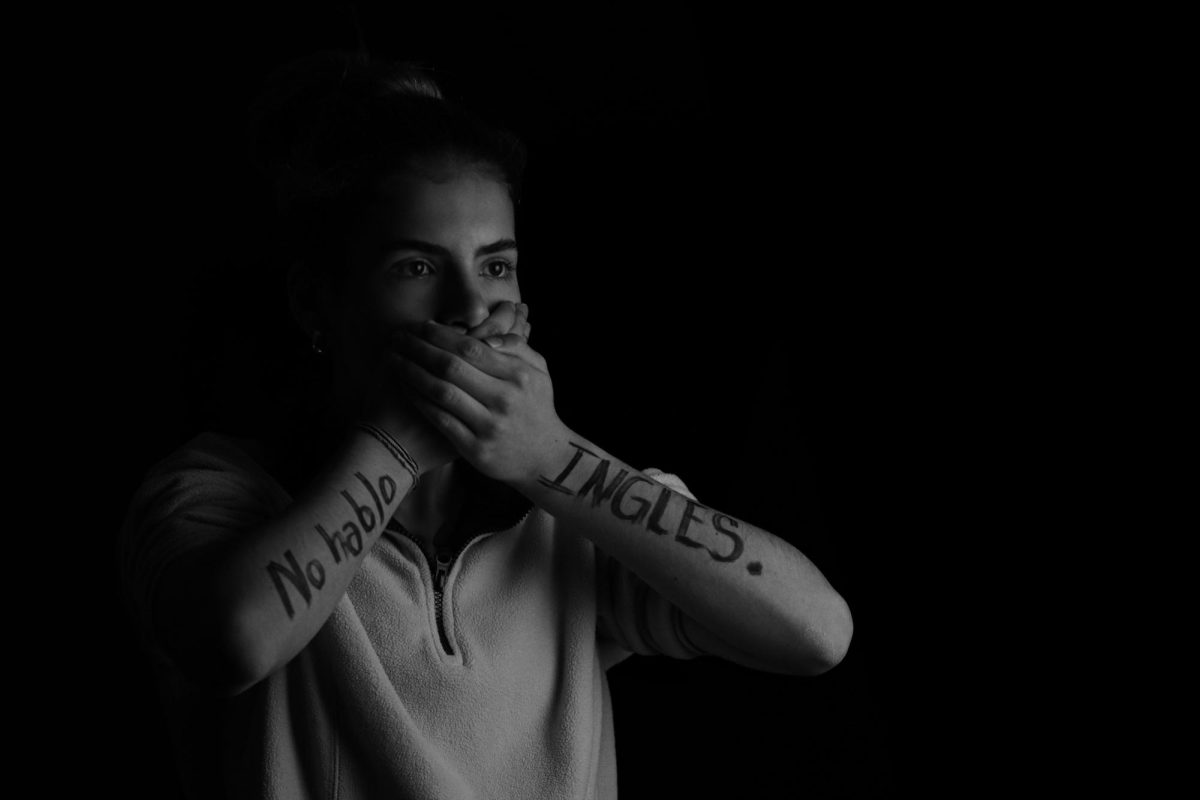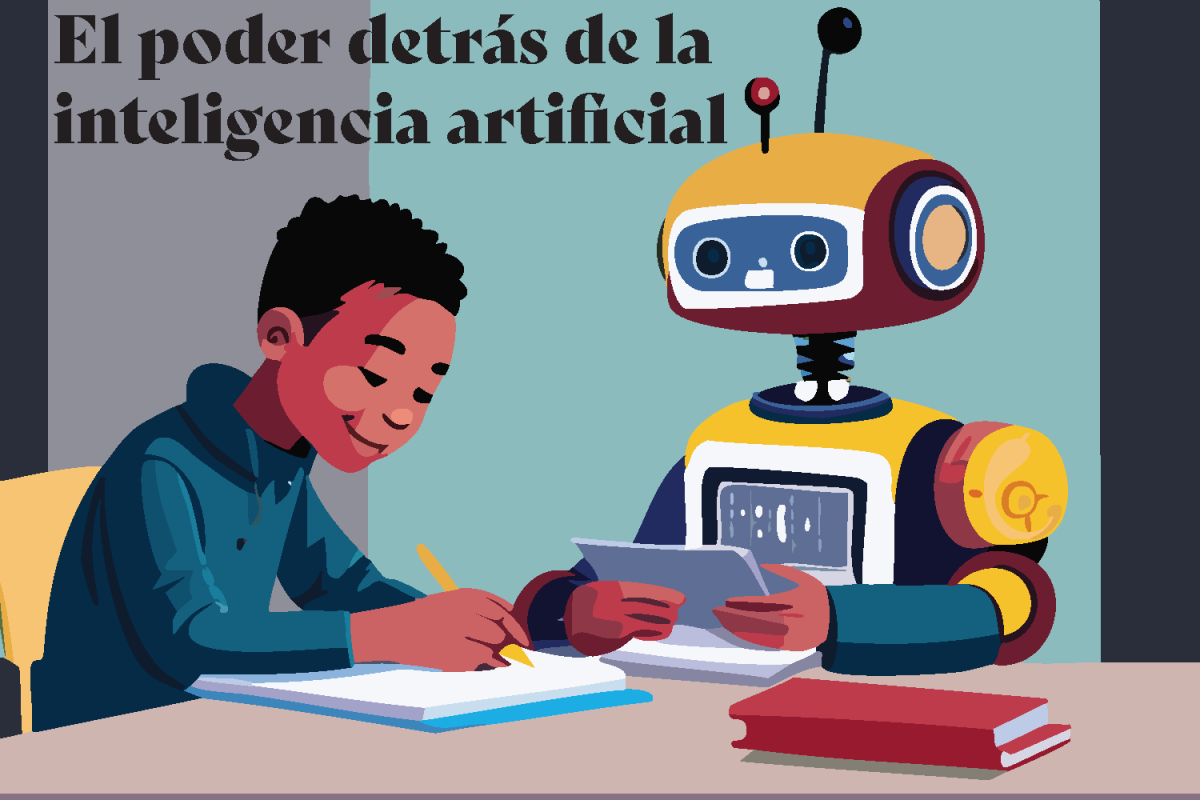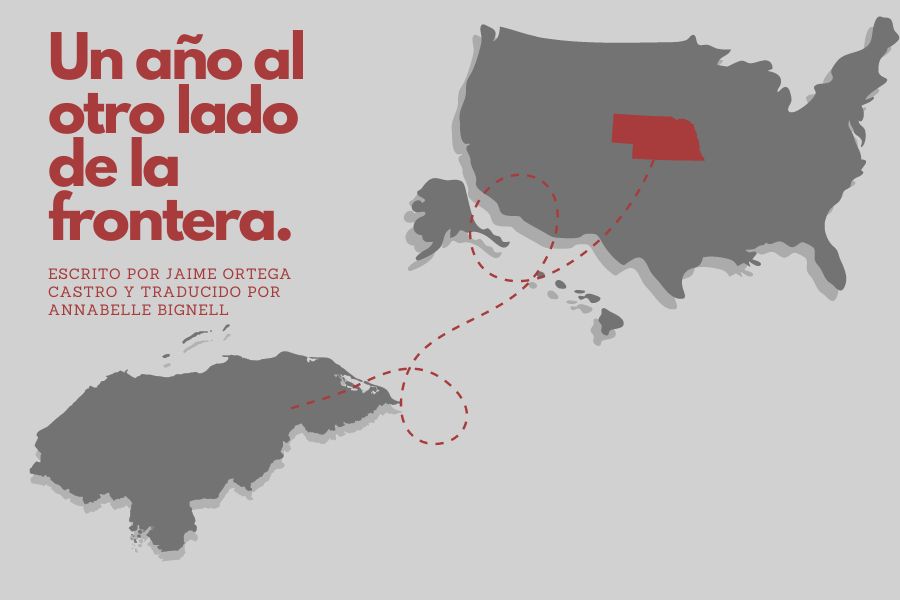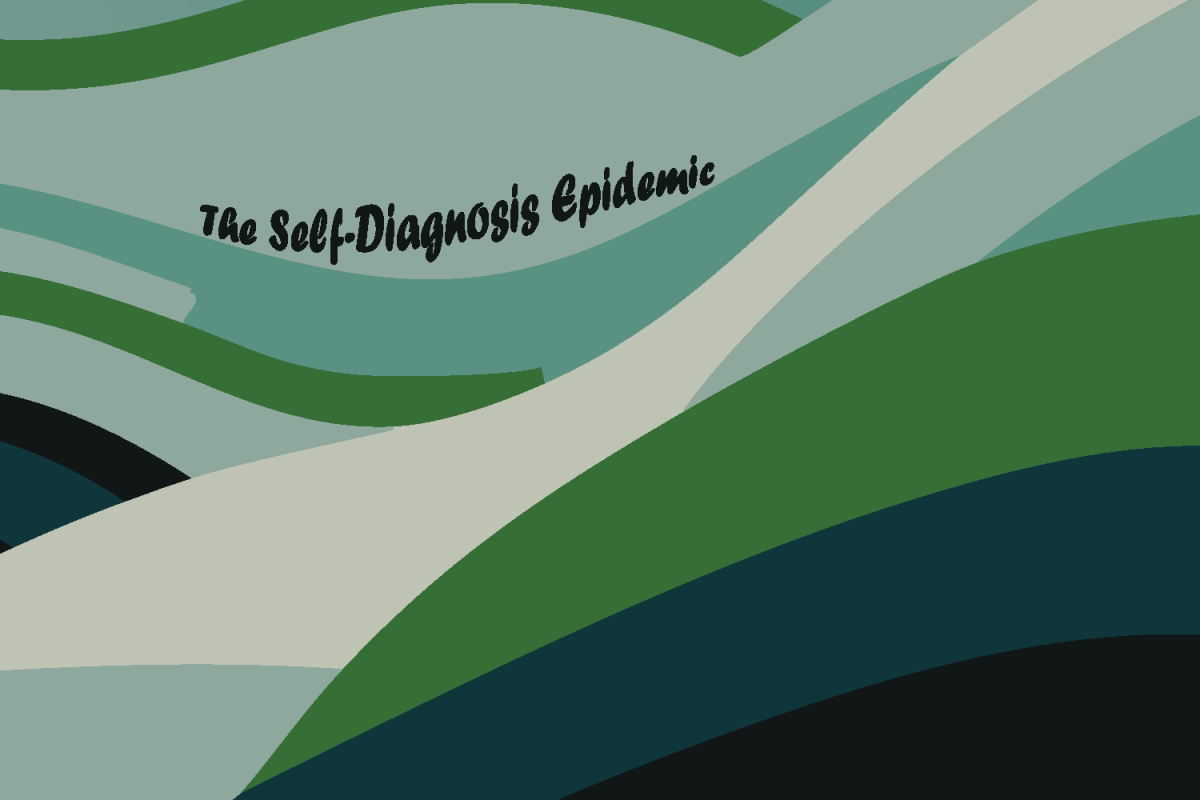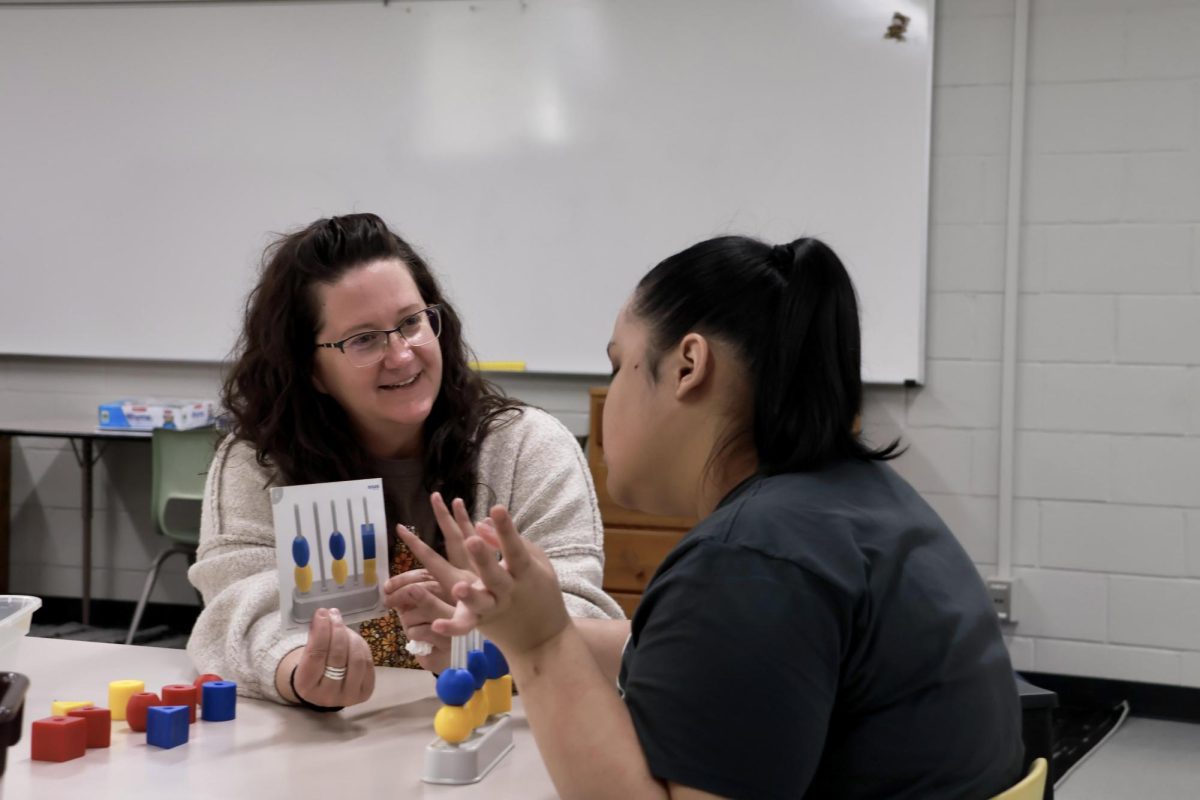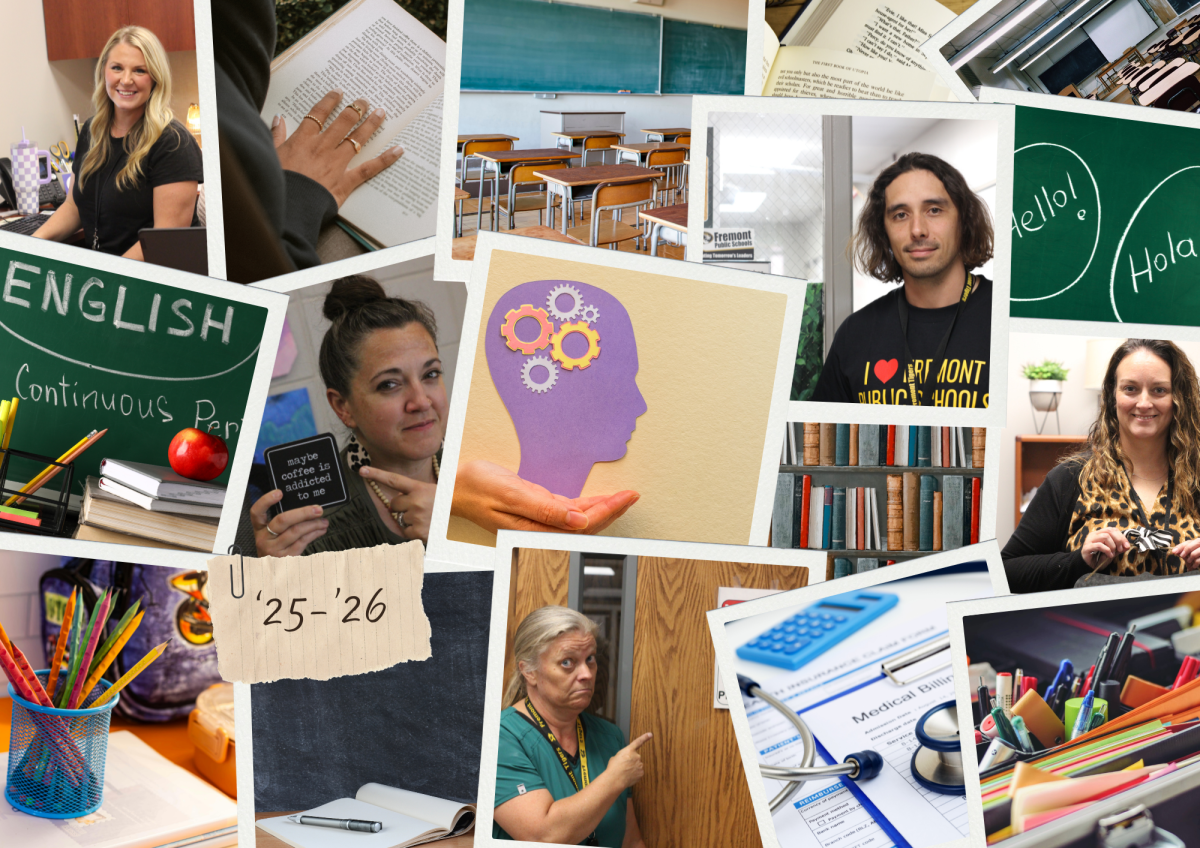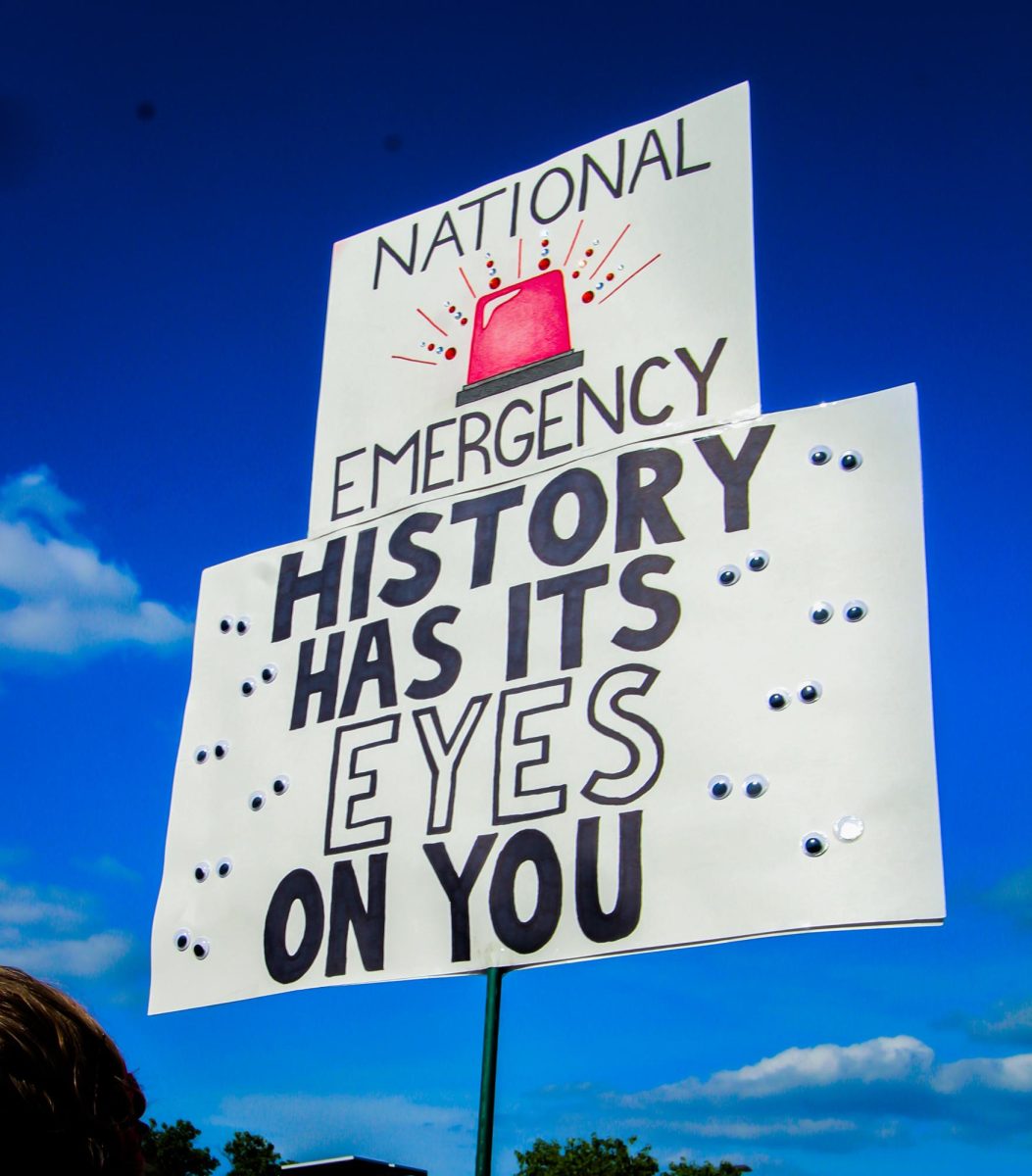Instagram, TikTok, Facebook and Twitter are all platforms made to spread information and current events. Although this information can be misleading, especially when it comes to mental health.
In the age of Google and online assessments, self-diagnosis for any health condition can be found anywhere. Most people have rushed to Google their symptoms and had a mini heart attack when they find out they have a deadly disease and only a week left to live. Self-diagnosis has been a problem since the widespread use of the internet. Although what about when many believe they have a mental health condition?
According to University of Colorado Denver, self-diagnosis, “occurs when we assert that we have a mental health condition without confirmation from a mental health professional.” Many people get the idea that they have a mental health condition when they see online quizzes telling them they can find out if they have Bipolar Disorder in just fifteen minutes.
According to Thriveworks, TikTok has also been a platform for extreme misinformation when it comes to mental health disorders. Almost 83% of all shared videos on mental health are misinformative because they account for personal experience rather than factual information through trusted sources.
“The problem is, is mental health terms have become almost slang terms. So a lot of times the word depression and anxiety get thrown around without really even knowing what those are like, Shayla Linn, the Fremont high school social worker, said, I know a lot of kids have stress but that doesn’t automatically mean you’re diagnosed with anxiety or depression. Same with suicidal thoughts of ‘I just want to kill myself’ ‘I want this to end’ those get thrown around a lot without really having a true meaning.”
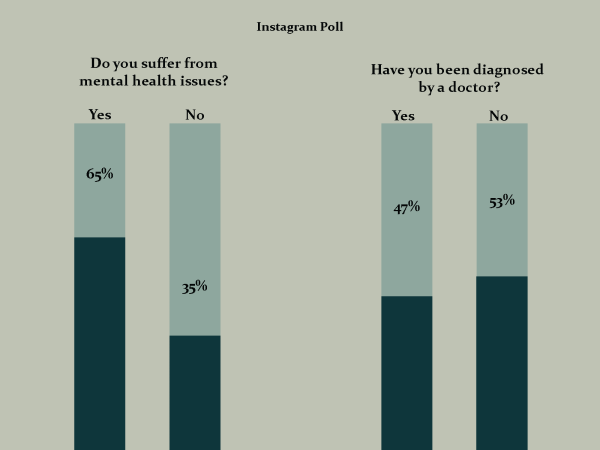
One of the biggest reasons this is happening is because of the lack of mental health care in many parts of The United States. Not only is mental health care not always affordable but for some it may not even be available.
Bad stigmas surrounding mental health care and mental health disorders, can also account for a self-diagnosis. Such as having Bipolar Disorder or Schizophrenia is being ‘crazy’, teenagers with depression are ‘emo,’ anxiety is just being ‘shy’, people with ADHD are ‘lazy.’ This can make it very hard to treat patients who really need treatment. It can be understandable that if someone can’t afford a proper diagnosis or seek one, they resort to self-diagnosis as a way to find comfort in a community with the same disorder, or even try to self-treat their disorder.
This can be a huge problem for people who actually have the disorder because it feeds into stereotypes that surround certain illnesses. This can also be problematic for the patient who might be self-diagnosing. Without getting proper professional care, people who self-diagnose are also more likely to self-treat their symptoms. This can lead them even farther away from the correct treatment.
Many mental health symptoms are similar to other mental health conditions. If a person incorrectly self-diagnoses they will not be getting the proper way to treat their symptoms. Unlike in health care settings where a doctor can prescribe medicine, support groups, therapy, etc. A person that self-diagnoses will not have access to any of these things as easily and may resort to harmful coping strategies.
The truth of this matter is that there are not very many ways to fix this problem other than destigmatizing mental illnesses. Finding a way to get factual information onto the internet to fight the misinformation. Then making mental health care easily accessible. “I’m not sure how you combat that. Besides spreading more factual information, and trying to, if someone truly believes that they have this thing, getting them to the right person that can truly diagnose mental health,” Linn said.
In terms of mental health care America has made great strides in making it easily accessible for citizens. Though this proves that the American health care system still has a long way to go to make sure that patients of mental illness are getting the help they desperately need.



